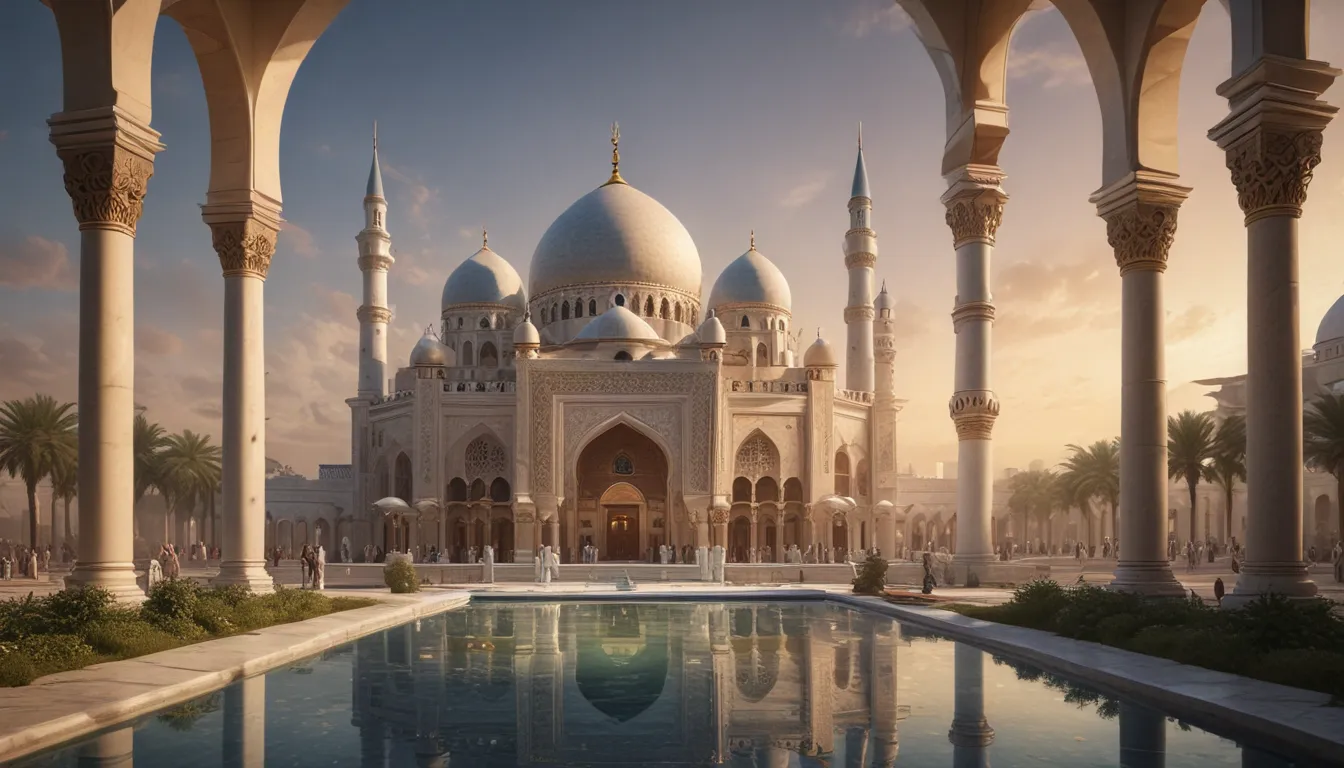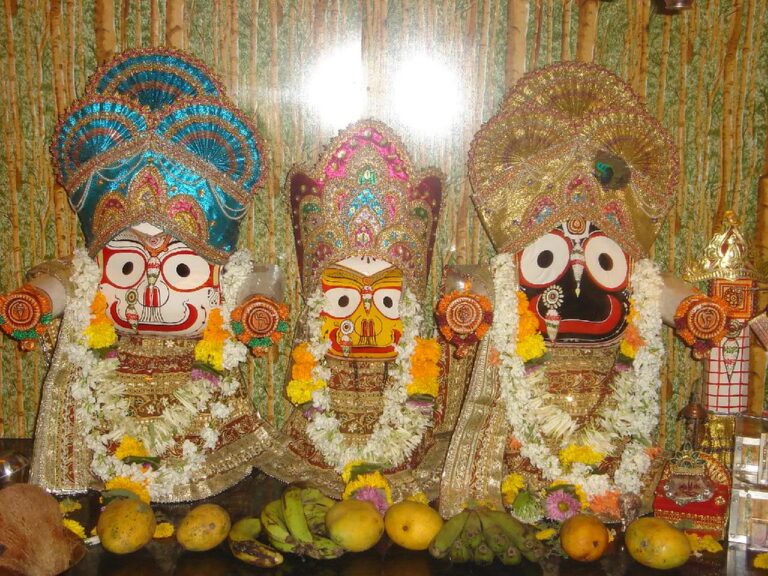The images in our articles may not match the content exactly. They are used to grab your attention, not to show the exact details in the text. The images complement the text but do not replace it.
Masjid Al Aqsa, nestled in the Old City of Jerusalem, stands as a beacon of faith and unity for Muslims worldwide. With its storied past and architectural marvels, this sacred site holds profound significance in Islamic tradition. Join us on a journey to uncover 11 fascinating facts about Masjid Al Aqsa, shedding light on its historical, religious, and cultural importance.
The Third Holiest Site in Islam
Masjid Al Aqsa, situated in the heart of Jerusalem, is revered as the third holiest site in Islam. Believed to be the place where Prophet Muhammad ascended to heaven during the Night Journey, this sacred compound comprises the iconic Al-Aqsa Mosque and the majestic Dome of the Rock. Its historical and spiritual significance attracts pilgrims and worshippers from around the globe, making it a cherished symbol of faith and devotion.
The Farthest Mosque
Translating to “the farthest mosque,” Masjid Al Aqsa derives its name from its designation as the farthest mosque mentioned in the Quran. Embedded in Islamic tradition, the compound’s historical and religious relevance beckons believers to its hallowed premises, fostering a deep sense of spiritual connection and reverence.
A Tapestry of History
With a history dating back thousands of years, Masjid Al Aqsa has been a witness to pivotal events, including the construction of the First and Second Temples in ancient times. Its cultural and spiritual importance has made it a focal point for religious and political developments throughout the ages, adding layers of significance to its already rich heritage.
Architectural Splendor
Encompassing approximately 35 acres of open spaces, lush gardens, and architectural wonders, Masjid Al Aqsa provides a tranquil setting for prayer, contemplation, and communal gatherings. The fusion of architectural styles and influences within the compound, from intricate mosaics to elegant arches, creates a visually captivating environment steeped in cultural richness.
Resilience Amidst Challenges
Despite enduring numerous challenges and conflicts over the centuries, Masjid Al Aqsa stands as a symbol of resilience and faith for Muslims. Its strategic importance and religious sanctity have made it a focal point for geopolitical tensions and disputes, reflecting the complex dynamics of the region while embodying steadfastness and spiritual devotion.
Unity Through Prayer
As a focal point for communal prayers and religious gatherings, Masjid Al Aqsa’s expansive courtyards and prayer halls offer space for Muslims to come together in worship, learning, and fellowship. These gatherings foster a sense of unity and spiritual connection, reinforcing the sacred bond shared by believers from diverse backgrounds.
Global Concern for Preservation
Efforts to safeguard the historical and religious significance of Masjid Al Aqsa have garnered international attention. Organizations and individuals are advocating for its protection and preservation as a vital heritage site, recognizing its importance as a symbol of cultural heritage and spiritual devotion.
Inspiration for Creativity
Masjid Al Aqsa continues to inspire artists, scholars, and spiritual seekers across various disciplines. Its profound spiritual and historical significance has sparked artistic expressions, academic research, and spiritual reflections, contributing to a deeper understanding and appreciation of its timeless legacy.
A Unifying Symbol
With its rich history, architectural grandeur, and spiritual resonance, Masjid Al Aqsa serves as a unifying symbol for Muslims worldwide. It transcends geographical boundaries to foster a shared heritage and spiritual connection among believers, bridging national and cultural divides through its enduring legacy.
In conclusion, Masjid Al Aqsa stands as a testament to the enduring faith, cultural heritage, and spiritual unity of the global Muslim community. As the third holiest site in Islam, its historical, architectural, and spiritual significance continues to inspire and unite believers from diverse backgrounds, fostering a deep sense of reverence and connection. The preservation and protection of Masjid Al Aqsa ensure that future generations can cherish and honor this sacred sanctuary.
FAQs About Masjid Al Aqsa
What is the significance of Masjid Al Aqsa in Islam?
Masjid Al Aqsa holds deep religious significance in Islam as the third holiest site after the Kaaba in Mecca and the Prophet’s Mosque in Medina. It is renowned as the location of Prophet Muhammad’s miraculous Night Journey, making it a revered pilgrimage destination for Muslims worldwide.
Can non-Muslims visit Masjid Al Aqsa?
Yes, non-Muslims are permitted to visit Masjid Al Aqsa, subject to specific regulations and restrictions. Visitors are encouraged to respect the sanctity of the site and adhere to guidelines established by religious authorities and local customs.
Conclusion
Masjid Al Aqsa’s historical, religious, and cultural importance transcends time and boundaries, embodying a legacy of faith, unity, and resiliency for Muslims around the world. By exploring its rich heritage and profound significance, we can deepen our appreciation for this sacred sanctuary that continues to inspire and unite believers across generations and continents.






